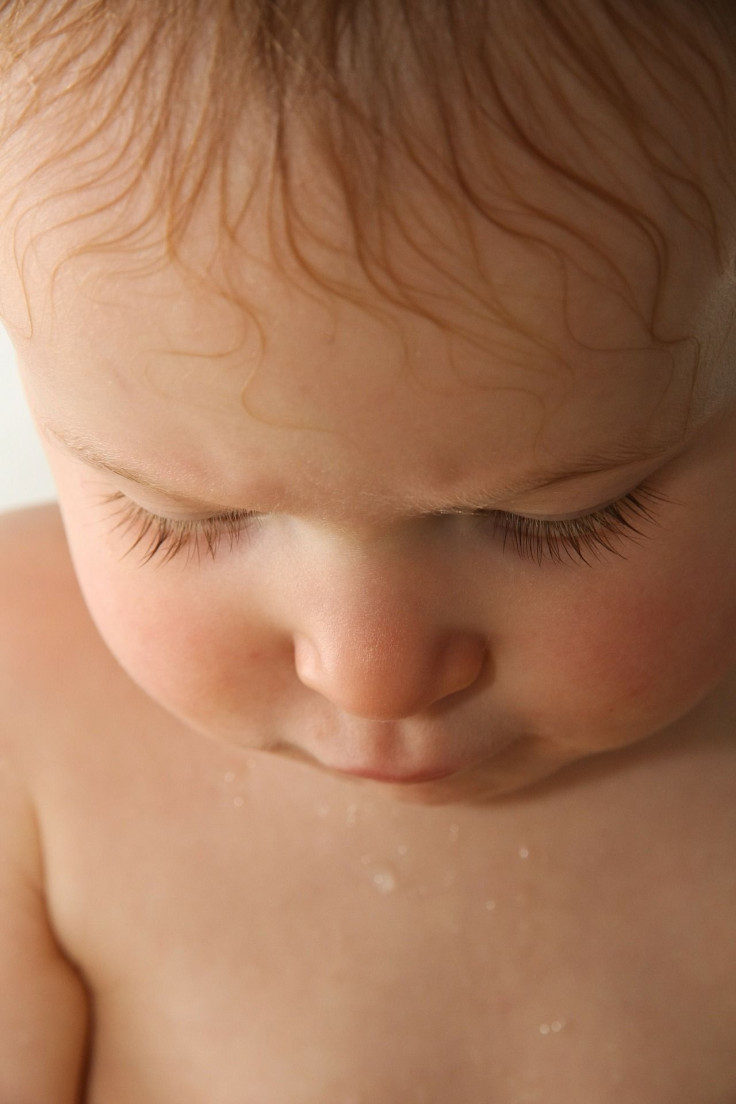Babies Born Through In-Vitro Fertilization Are Heavier As Children

More women are waiting until their 40s to have children, according to the latest reports by the Centers for Disease Control. Many of these women are turning to fertility treatments such as in-vitro fertilization to help them conceive, prompting researchers to investigate the long-term health of babies born through such procedures.
Researches in the Netherlands have found that babies born through fertility treatments tend to have a lower birth weight, but higher weight as children, reports New Scientist. Those born through IVF are about .25 pounds lighter, which may not seem like much, but as scientist Heleen Zandstra of Maastricht Medical Centre explains to the magazine, “That’s a big difference, considering babies only weigh about 3 kilograms.”
Read: Fertility 2017: Millennial Women Delay Marriage, Choose Egg Freezing To Allow Later Pregnancy
"A lot of individuals — specifically women — are choosing to develop their careers, and they're having great opportunities, " Dr. Charles Coddington III, OB-GYN, told NPR. "So a lot of them are getting older before they have children, and they are needing more IVF services."
In a follow-up of the babies Zandstra and her team originally studied, they found that children conceived through IVF, as opposed to other fertility methods, shared similar heights at nine years old. However children who were lighter at birth had a lower BMI than those who weighed more as babies, by about 4.4 pounds.
Children who were the result of fertility treatments were heavier than their peers and had more abdominal fat.
New Scientist also reports that researcher Tomoya Hasegawa of Tokyo Medical University discovered that babies born through fertility treatments are usually heavier at birth, similar in weight to babies born naturally at 18 months old, and are heavier once again by 6.
It’s unclear why these differences occur, though some believe it could be due to changes in the way embryos from IVF develop.
Since the first successful birth from in-vitro fertilization in 1978, researchers have attempted to determine any lasting health effects. Louise Brown, who is known as the first baby born through the process, is only 39, meaning it’s unclear whether old age brings about any additional complications. The Chicago Tribune reports that after birth, Brown went through 100 tests to ensure she was healthy.
Read: Woman, 59, Gave Birth To Healthy Baby Through IVF After Decades Trying Naturally
"Had there been the slightest abnormality with me, I think that would have wiped the program, that would have been it," Brown told the paper.
Recent studies suggest that IVF babies could have be at an increased risk of cancer and reduced cognitive function, though there is much more to study before a definitive answer can be found.
While IVF is thought of as safe, some health professionals believe there should be more longitudinal research, especially as fertility treatments remain popular.
“We shouldn’t worry, but we should be doing more to monitor children,” Arianna D’Angelo, who focuses on safety in assisted reproduction techniques, told New Scientist. Studies might flag up problems later in life.”
See Also:
Newborn Baby Holding IUD Proves Birth Control Isn't 100 Percent Effective
Why Doctors Believe Ovarian Tissue Freezing Is Better Than Egg Freezing



























